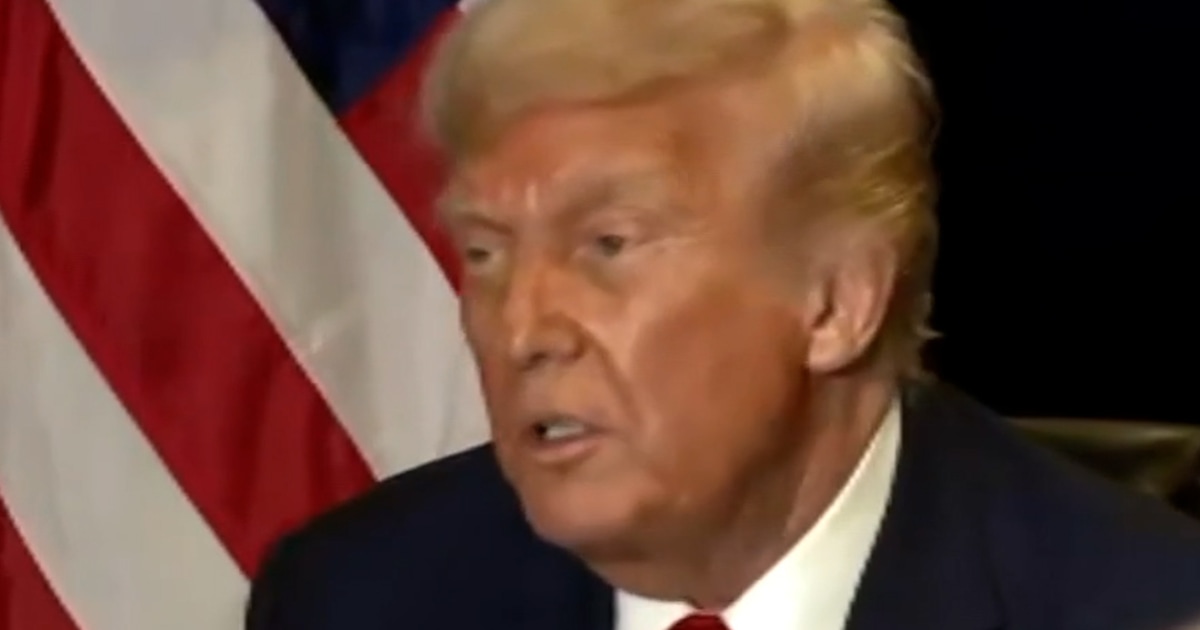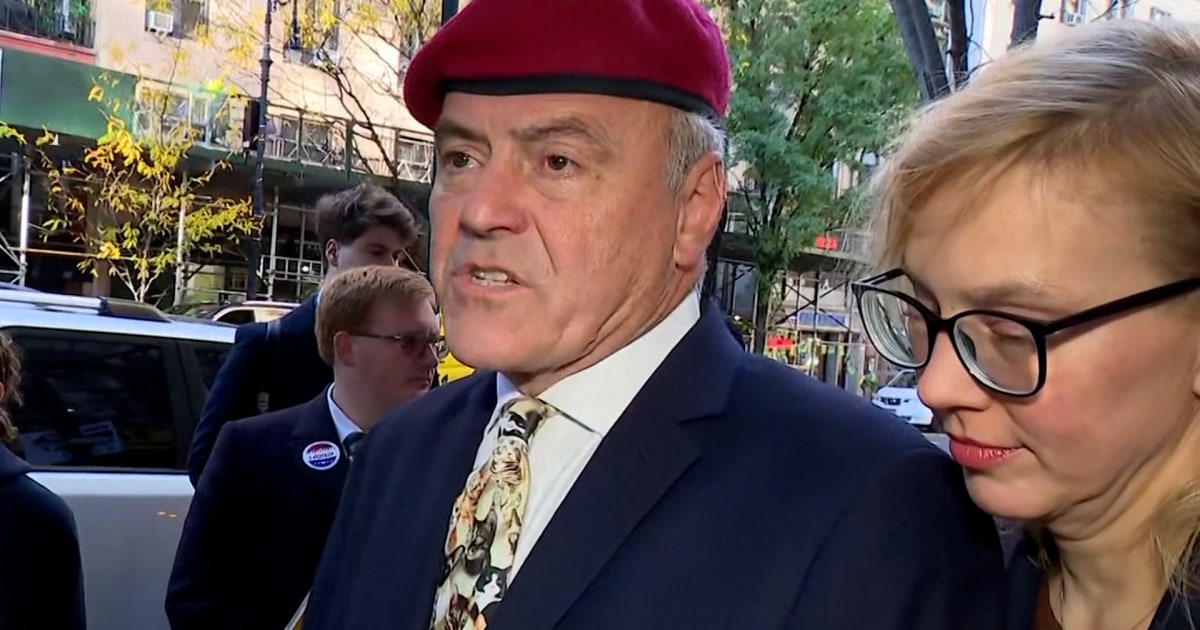President Donald Trump reacts to the verdict in the case of Ryan Routh, who was found guilty of attempting to assassinate him last year.
Source link
Trump reacts to Ryan Routh verdict


President Donald Trump reacts to the verdict in the case of Ryan Routh, who was found guilty of attempting to assassinate him last year.
Source link
